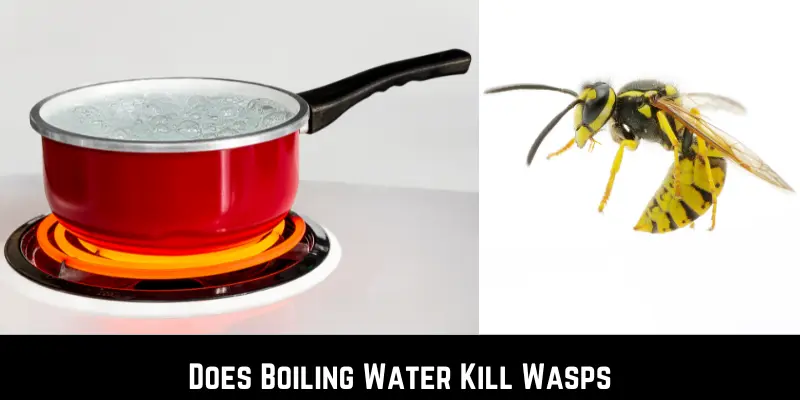When dealing with pests in our homes, it’s natural to think about how we can eliminate them. Wasps are a common problem, and many people look for ways to get them away. A common question is, does boiling water kill wasps?
Yes, boiling water can kill wasps. Pouring boiling water into a wasp nest can effectively kill the wasps inside. But it’s not an ideal wasps killer.
In this blog, we’ll explore the science behind this old solution. Is it just a myth or a really good way to handle these stinging bugs? Keep reading, and we will uncover the truth about this long-standing method.
How Boiling Water is Generally Used As A Disinfectant
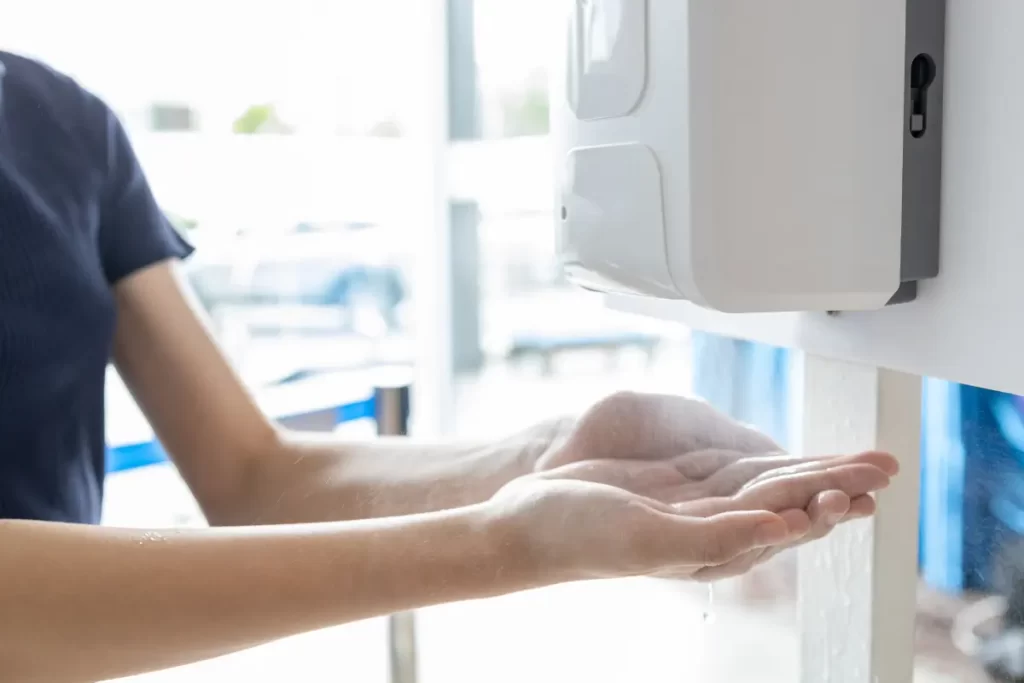
People have been using boiling water to get rid of germs for a very long time, even before we knew about tiny living things like bacteria and viruses. Burning water kills the harmful little creatures in it, making it safer to use and drink. This is a simple and easy way to clean water, especially when no other cleaning products are available.
When water gets hot, it can kill many germs like bacteria, viruses, and parasites. These tiny creatures can’t survive the heat, and their bodies fall apart. That’s why boiling water is an excellent way to make water safe.
This is helpful in places where it’s hard to find other ways to clean water or in emergencies when there’s no clean water. After boiling, the water is like new again – clean and safe to drink!
But boiling water isn’t just for cleaning drinking water. We can also use it to clean surfaces and objects, making our surroundings germ-free. A bit of boiling water can help keep things clean and protect us from germs we can’t see.
This easy and useful method shows that simple everyday things can sometimes solve big problems.
The Science Behind Boiling Water Killing Organisms
Boiling water may seem like a simple thing, but there’s a lot of science happening. When water gets hot, it starts breaking the germs apart, stopping them from living and growing. The important parts of the germs, like proteins and other bits, can’t handle the heat and get destroyed.
This is because the high temperature messes up the balance inside the germs, making them leak and die. The heat from boiling water affects all sorts of germs, whether they’re bacteria of different shapes or viruses wrapped in protein coats.
Even though boiling water is an old method, its science is still important today. It shows us that boiling water can fight against germs everywhere and has been used by people worldwide for a very long time. With more studies on germs, we keep learning how effective boiling water is. It’s a great mix of being simple and smart, helping us in the ongoing fight against germs!
Does Boiling Water Really Kill Wasps?
Elaborating on the science
People have long said boiling water can be used against wasps, but is this true? To understand this, we must look at the science behind wasps and heat. Wasps have hard outer bodies made of chitin, which protects them. But, some think that boiling water might be hot enough to harm a wasp’s hard body and hurt the wasp.
The idea is that very hot water might shock the wasps’ bodies and cause harm. This could lead to the wasp drying out, its body breaking down, and finally, it not being able to live anymore.
Also, the hot water might enter the tiny holes wasps breathe through, causing more damage inside and making it hard for them to breathe. All this makes people believe that boiling water can work against wasps.
But it’s important to remember that not all wasps are the same. They come in different sizes, have bodies of varying thickness, and can handle their surroundings differently. This means that boiling water might not affect all wasps similarly, making it hard to say if it always works.
Testing the Theory
Scientists and other interested people must plan experiments to know if boiling water affects wasps carefully. They need to follow rules that ensure the wasps don’t suffer unnecessarily and compare how they respond to boiling water in different situations. It’s crucial to watch what happens immediately and any problems the wasps might have later.
Scientists will look at many things, like how the wasps behave, what happens to their bodies, and other important signs, to understand how boiling water affects them. By doing this, they can learn much about the relationship between wasps and boiling water while treating the wasps kindly and respectfully.
By looking at the results of these studies, we can learn many new things and get a clearer picture of whether boiling water is effective against wasps. Keeping in mind to be ethical, combining scientific curiosity and new ways of studying this will help us get closer to solving this steamy, buzzing mystery.
Does Boiling Soapy Water Kill Wasps?
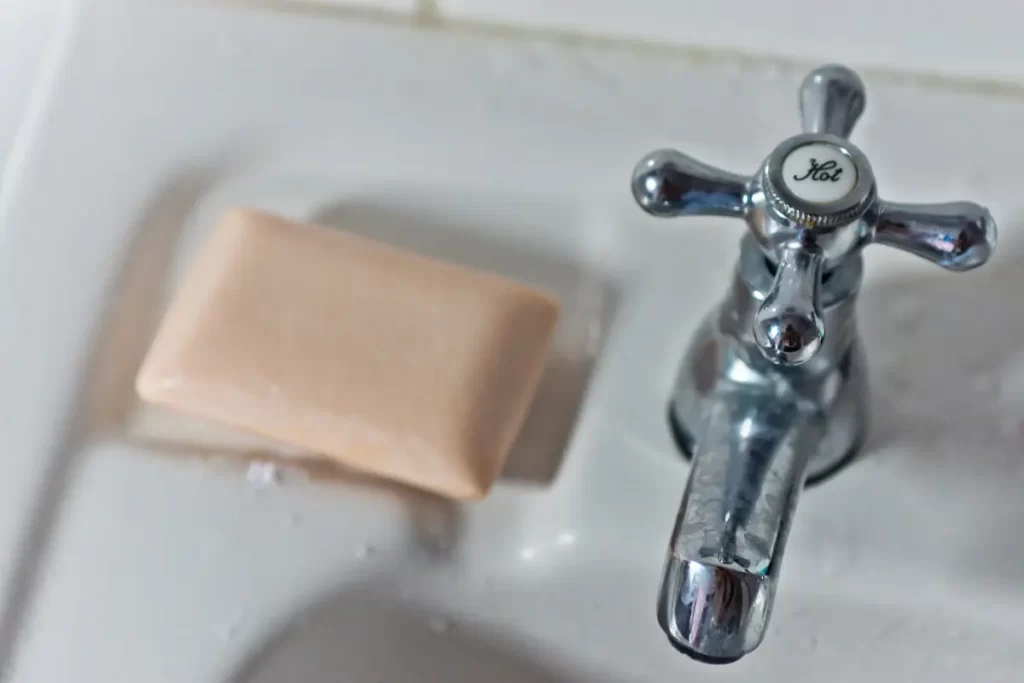
This mix of hot water and soap makes us wonder – can it help in getting rid of these flying pests? The science behind this idea combines the damage from the hot water and the breaking down power of soap, aiming to attack the wasps in two ways.
Hot Water and Soap – A Tough Combo for Wasps
We already know that boiling water can harm wasps by affecting their bodies. Adding soap to the mix brings another problem for them. Soap, made from fats and alkaline stuff, can get into and mess up the hard outer body of wasps. The soap can remove the protective waxy layer, making the wasps lose water and, ultimately, not survive.
A Challenging Environment for Wasps
By using both heat and soap, we create a really tough situation for the wasps. The first hit of hot water, followed by the soap breaking them down, seems like a tough deal for these insects. But it’s important to remember that not all wasps are the same, and the amount of soap in the water can make a difference.
Testing the Mix: Boiling Soapy Water
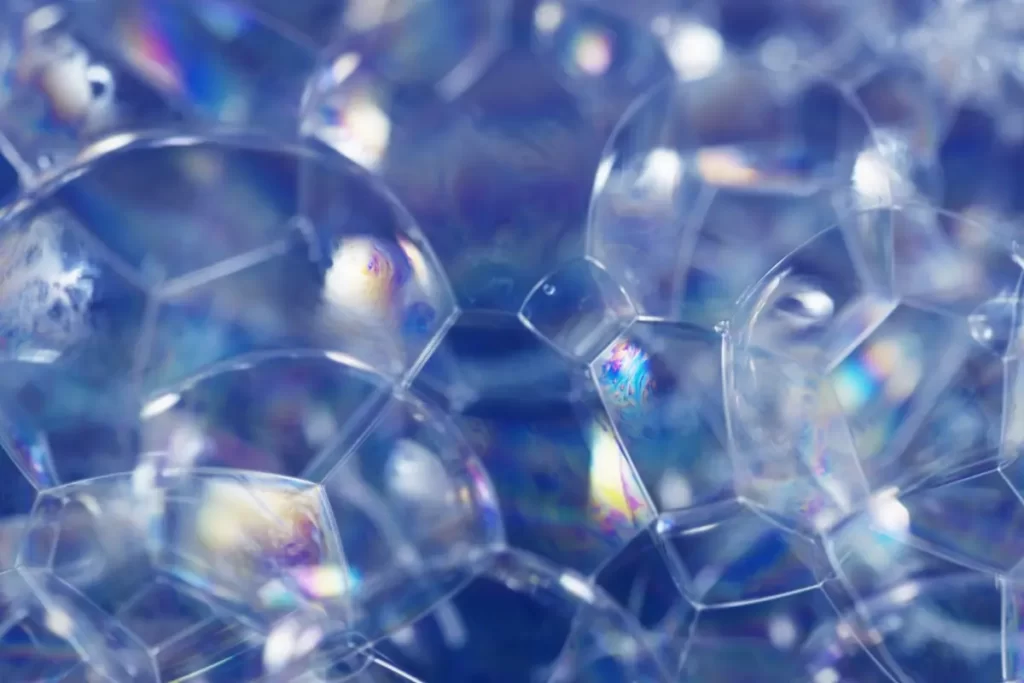
To find out if boiling soapy water really works against wasps, careful studies need to be done, making sure to be kind to the wasps. By looking at how the heat, amount of soap, and different kinds of wasps react, we can learn more about this method’s effectiveness.
As we explore this hot, soapy question, we are close to discovering whether this mix is a wasp-ending solution or an idea that doesn’t hold up.
Why Boiling Water Method Might Not Be The Safest?
Using boiling water might seem like a simple way to deal with pests like wasps, but when we look closer, we find that it could be risky.
Using hot water can lead to burns for the person trying to deal with the wasps, especially since wasps move quickly. We also can’t forget that this hot water can harm plants and other animals nearby, upsetting the balance of nature.
Besides, while boiling water has an instant effect, it doesn’t last long, so it’s just a quick fix. Plus, it might make the wasps in the area more aggressive, increasing the chance of being stung. So, even though boiling water is easy to get and use, we need to think carefully and consider safer options.
Protective Measures To Consider

- Wear Safety Gear: Using gloves, long clothes, and safety glasses can help protect against burns and stings.
- Check the Area: Look around to make sure that plants and other animals won’t be harmed by the hot water.
- Be Smart in Applying: Find a way to use boiling water that avoids directly dealing with the wasps and keeps the nest calm.
- Be Ready for Emergencies: Have first aid supplies and know how to treat burns and stings just in case something goes wrong.
- Look for Other Options: Try to find and use different ways to control wasps so you don’t have to rely only on boiling water, and it’s safer.
- Dispose of Water Carefully: Get rid of any leftover boiling water in a way that doesn’t harm the environment.
- Make Informed Choices: Talk to pest control experts and read up on the subject to make safe and effective decisions.
How to Effectively Use Boiling Water to Kill Wasps?
While using boiling water is a simple method to get rid of wasps, it does need some careful planning and attention to do it safely and effectively.
Using boiling water can be a straightforward way to deal with wasps, but it’s essential to be careful and considerate when using this method. The idea here is to use the heat from the water to damage the wasp nests and the wasps living in them.
To do this effectively, you must be accurate and pick the right time so you don’t disturb the wasps or harm the environment. Don’t forget to consider the other plants and animals in the area, and make sure to clean up afterward.
Boiling Water On a Wasp Nest In the Ground
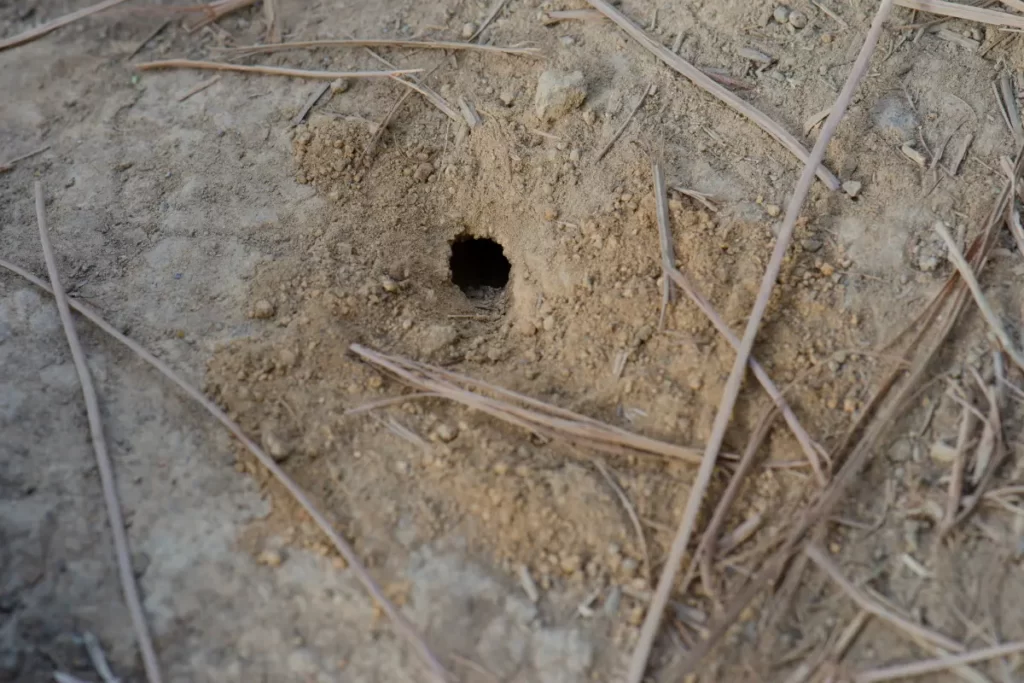
When wasps have their nests in the ground, dealing with them becomes a bit trickier because the earth around the nest hides and protects them. First, you need to watch the nest carefully to find out where the wasps go in and out and to see how active they are. The best time to act is at night when the wasps are inside the nest and less alert.
Once you know where the nest is and have waited for the right time, you can start to apply the boiling water. But first, make sure to wear protective clothes to avoid getting stung by any wasps that might come out of the nest. Then, carefully pour the boiling water into the entrance of the nest, making sure it goes deep inside to reach the wasps.
Remember, it’s important to think about the plants and other life around the nest. They could get harmed by the boiling water, so try to protect them as much as possible. After you have poured the water, you will also need to clean up the area, removing the damaged nest and any dead wasps, to finish the job properly.
Pros and Cons of Using Boiling Water to Kill Wasps
| Pros | Cons |
| 1. Accessibility Boiling water is a readily available resource, making this method convenient and cost-effective for most households. | 1. Environmental Impact There’s a potential risk to surrounding vegetation and soil health due to the heat and volume of water used. |
| 2. Simplicity The application of this method is straightforward, not requiring specialized knowledge or equipment. | 2. Safety Risks Approaching wasp nests, especially without proper protection, can provoke stings and aggressive behavior from the wasps. |
| 3. Immediate Effect Boiling water induces instant thermal shock to the wasps, ensuring quick eradication. | 3. Incomplete Eradication The method may not reach the entire nest, leaving some wasps unaffected and allowing for potential recolonization. |
| 4. Non-Toxic Unlike chemical pesticides, boiling water is non-toxic and doesn’t leave harmful residues. | 4. Selective Efficacy This method is primarily effective against ground nests and may not be suitable for aerial nests or those within structures. |
| 5. Low Cost Utilizing boiling water is economical, as it doesn’t incur additional costs like purchasing pesticides or traps. | 5. Collateral Damage Beneficial insects and organisms residing near the wasp nest may also be adversely affected by the boiling water. |
Alternatives To Boiling Water
Using Pesticides
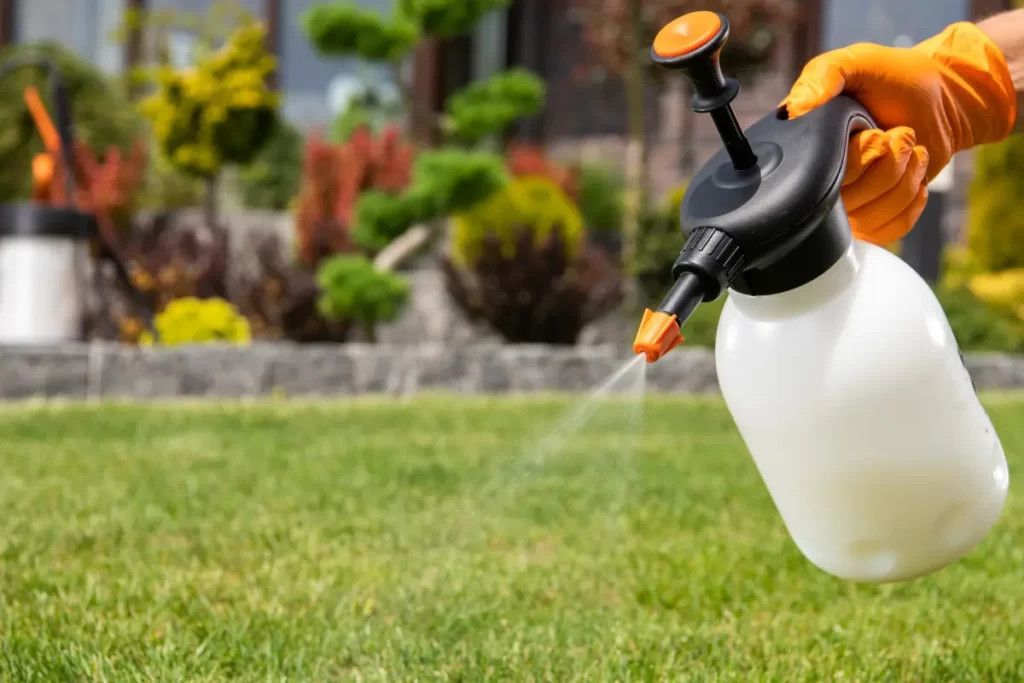
In dealing with wasps, using pesticides is a common method. This approach uses science to create chemicals that can harm wasps based on their weaknesses. Pesticides are designed to interfere with how wasps live and survive, causing them to die.
However, it’s important to use pesticides carefully since they can affect our health and the environment. We need to find a balance between getting rid of wasps and keeping everything else safe.
Setting up Traps
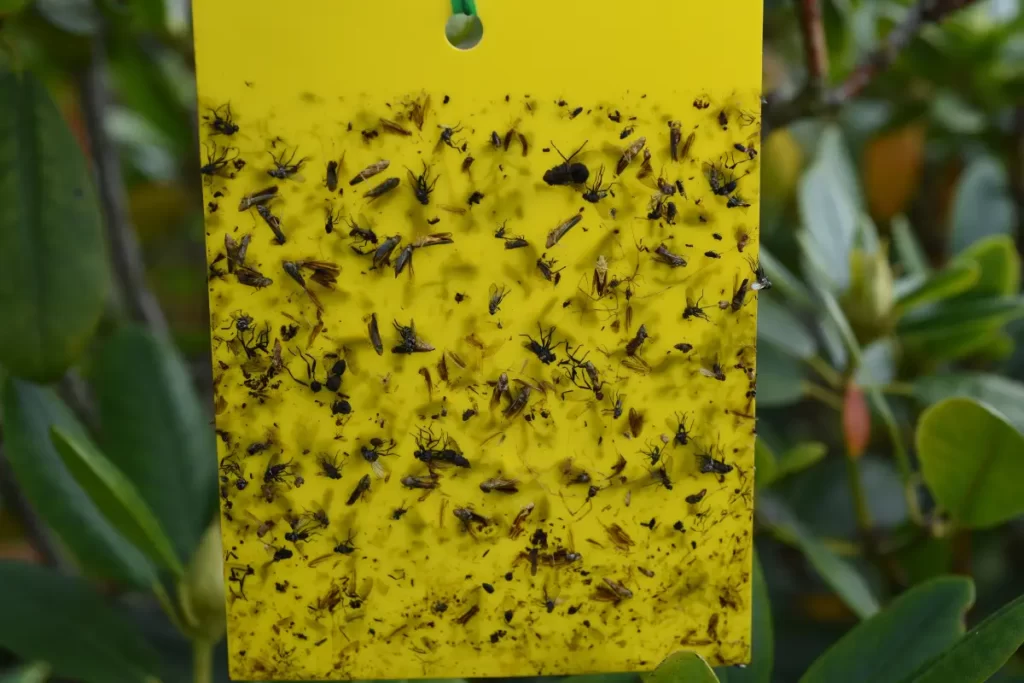
Setting up traps is another way to deal with wasps. Traps use bait to attract and catch wasps, making it impossible for them to get out. This method is great because it specifically targets wasps and doesn’t rely on harmful chemicals, making it a friendlier option for the environment.
However, it’s important to check and maintain the traps regularly to make sure they keep working well and are used ethically.
Encouraging Natural Predators
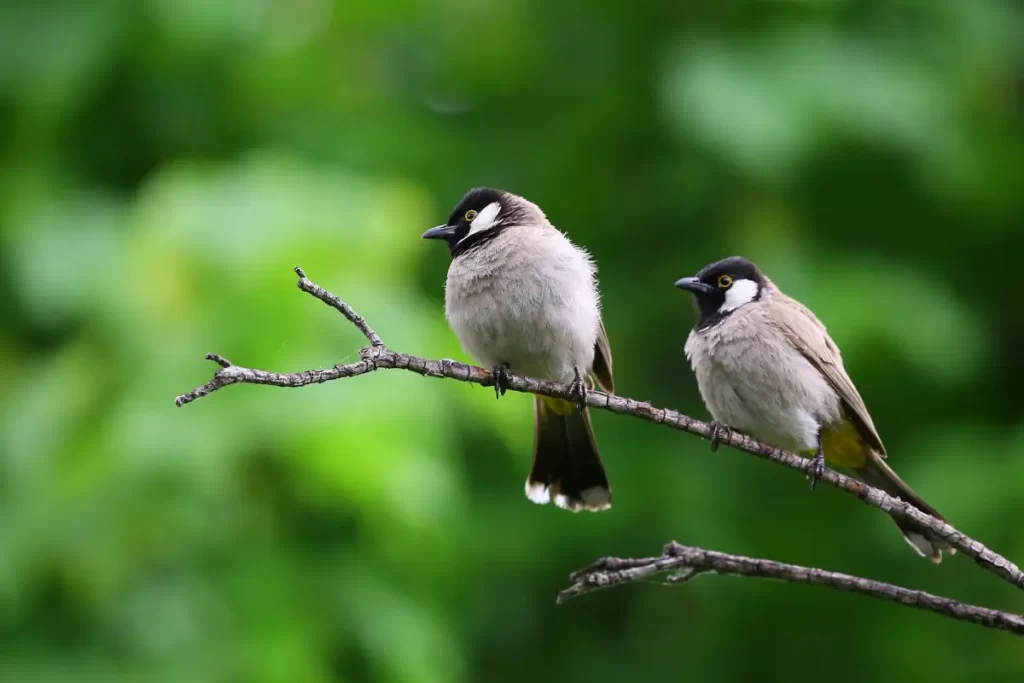
Nature has its way of balancing things out, where the hunter can sometimes be the hunted. Inviting animals that eat wasps, like birds and spiders, can help control the number of wasps naturally. This way of dealing with wasps helps maintain a balance in nature and increases the variety of living creatures in an area.
Using Essential Oils
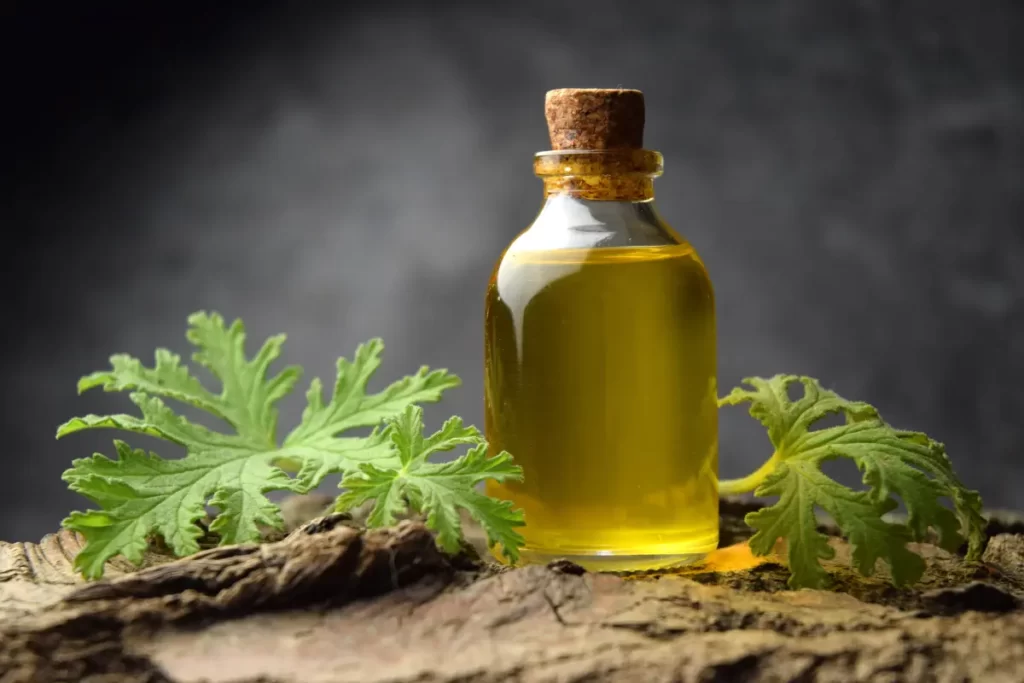
Essential oils, like peppermint and citronella, are a gentle but effective way to deal with wasps. These oils have properties that wasps don’t like, making the area unwelcome for them. By using these oils around places where wasps live, we can make them choose to live somewhere else and reduce run-ins between humans and wasps.
Using Biological Control
Biological control is a natural way to handle wasps. This method uses the wasps’ natural enemies, like specific bugs and diseases, to control their numbers. It’s like nature’s way of dealing with pest problems without using chemicals. While this method can be a bit tricky to use, it helps maintain a balance in nature.
Diatomaceous Earth
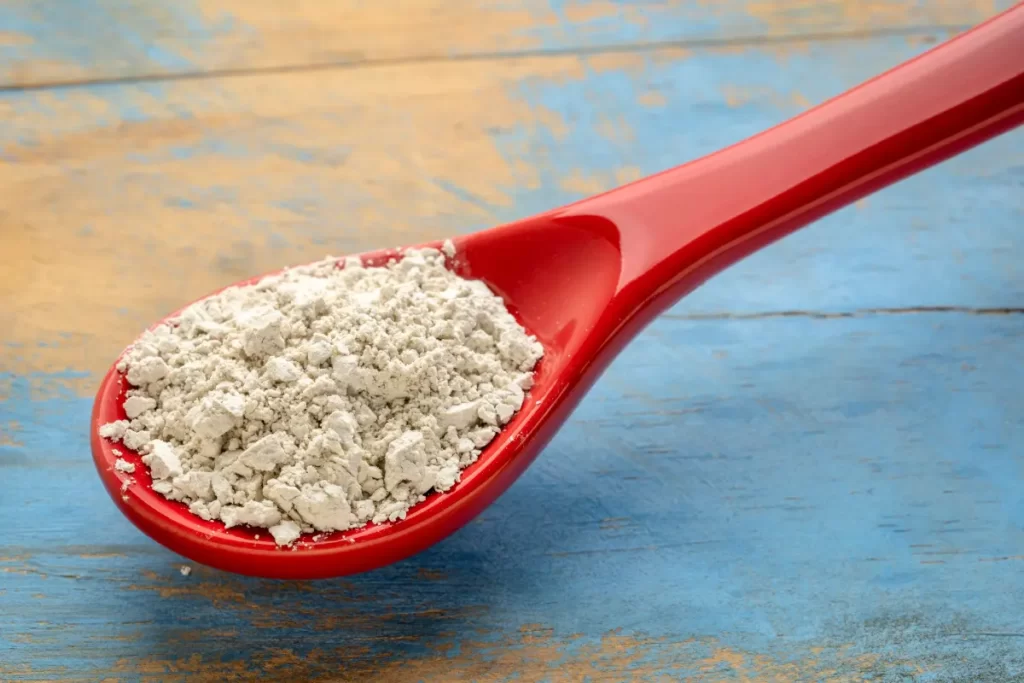
Diatomaceous Earth is a kind of powder that comes from ancient tiny sea creatures called diatoms. This powder can get into the wasp’s outer shell and cause it to dry out. What’s great about this method is that it’s safe for people and pets, making it a good option for those looking for eco-friendly ways to deal with wasps.
Soap and Water Solution
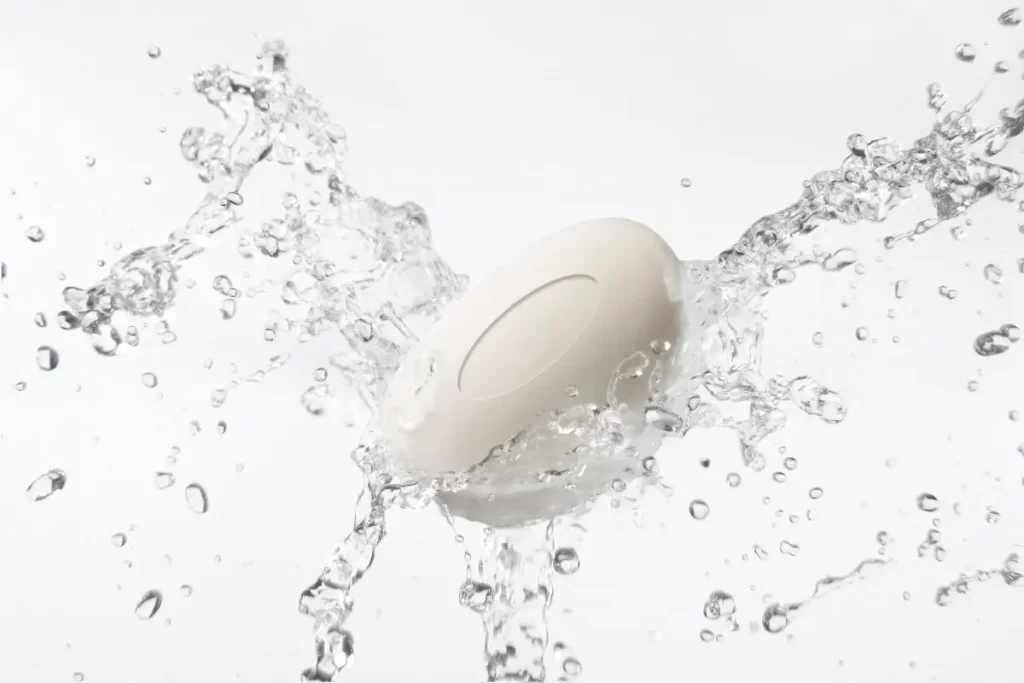
A simple mixture of soap and water can also help control wasps. This mixture can block the wasps’ breathing tubes, making it hard for them to breathe. This method is easy to use, safe for the environment, and shows how simple solutions can help us live peacefully with nature.
Physical Removal
For those who are brave and skilled, physically moving wasp nests at night, when they are less active, is another option. This method requires carefulness and wearing protective gear. It involves moving the nest to a place where it’s less likely to bother people.
Preventive Measures
Taking steps to prevent wasps from setting up at home can also be really effective. This includes blocking their way in, removing things that attract them, and keeping areas clean. This approach helps avoid problems before they start, leading to a peaceful way of living with wasps.
Hiring Professional Pest Control Services
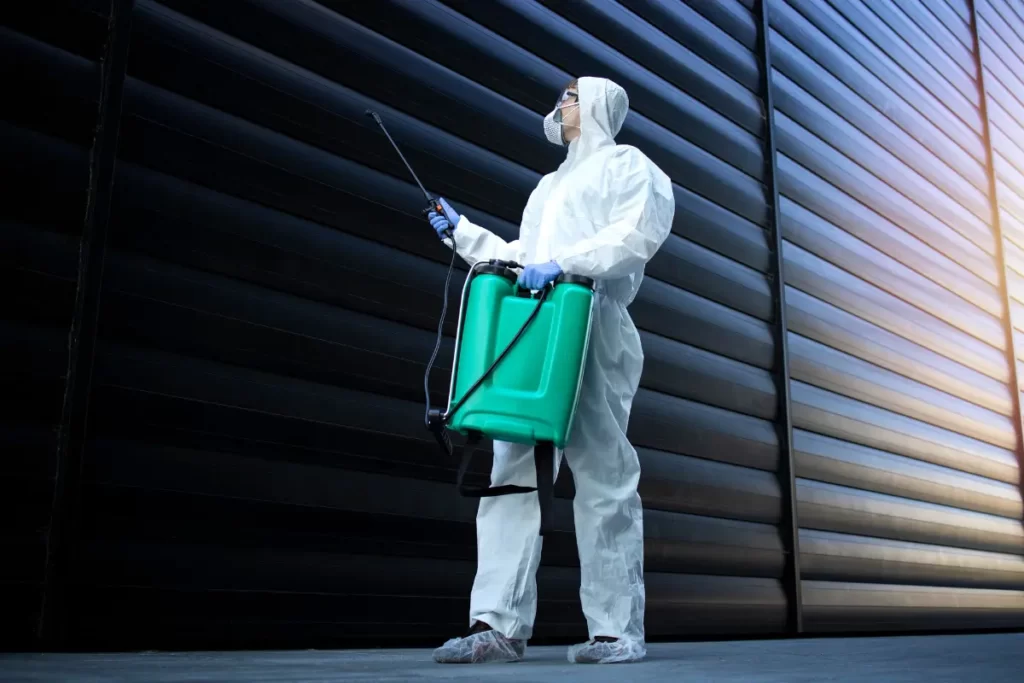
When dealing with wasps becomes too complicated to handle on our own, it’s a good idea to call in professional pest control services. These experts have the right knowledge and tools to address wasp problems accurately and responsibly. They make sure to keep the environment and people living in it safe and sound.
Conclusion
As we wrap up our journey into understanding wasps and the many ways to handle them, it’s clear that using a mix of science, nature, and new ideas can give us lots of options. We’ve learned about simple solutions like using boiling water and more complex ones that involve taking care of the environment and keeping people safe.
Using boiling water is an easy approach, but it requires care, attention, and respect for the plants and animals nearby. On the other hand, different solutions like setting traps, using nature to control wasps, and applying essential oils show how creative we can be in living peacefully with these creatures.
Reference
Zhao, Jiayan, Liangliang Han, Suo Tan, Wenhai Chu, Huiyu Dong, Qing Zhou, and Yang Pan. “Revisiting the effect of boiling on halogenated disinfection byproducts, total organic halogen, and cytotoxicity in simulated tap water.” Chemosphere 309 (2022): 136577.
